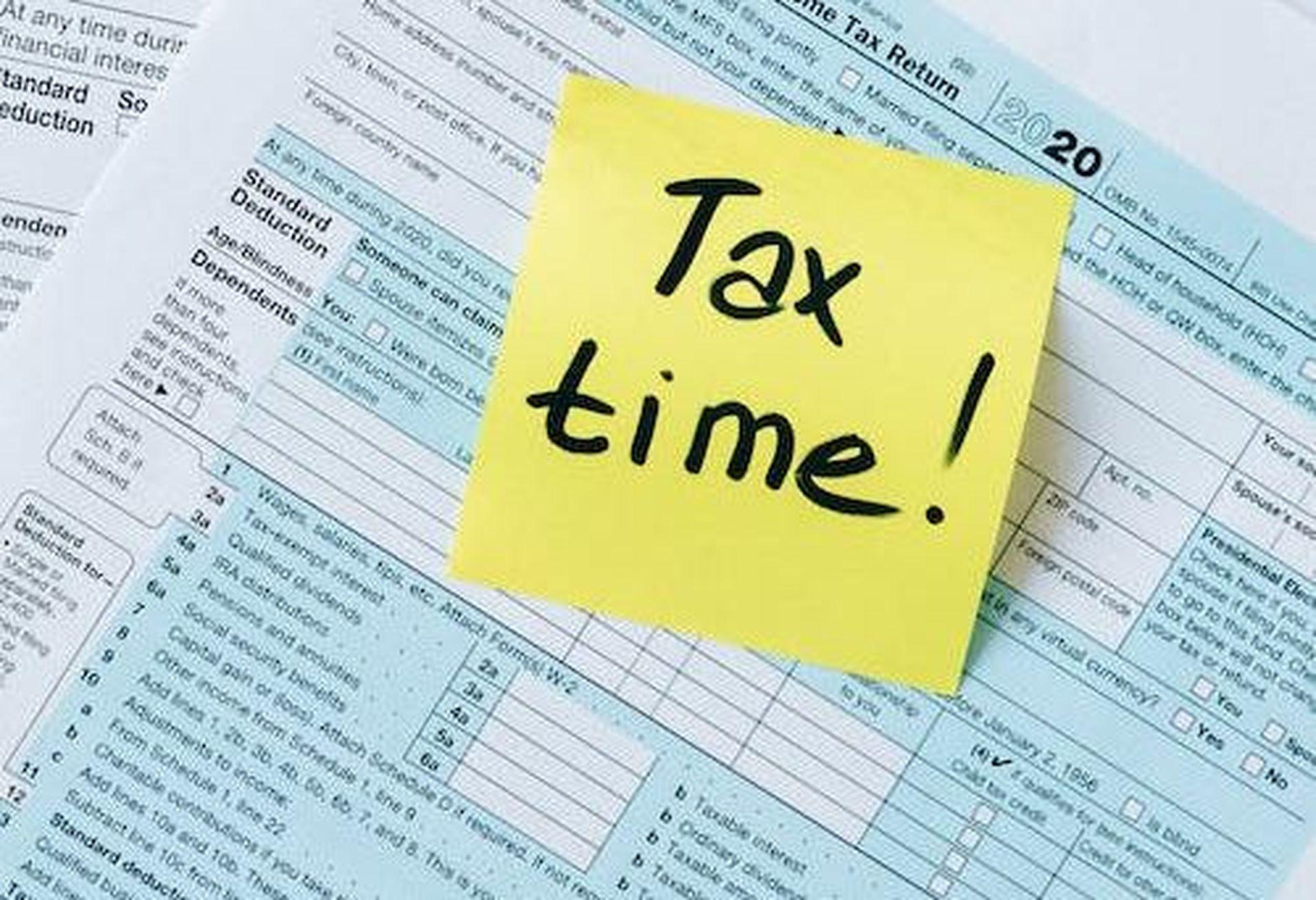- Members of the European Parliament have urged for Crypto Taxation and “better use of blockchain” to prevent tax evasion.
- A resolution aiming at attaining these aims received overwhelming approval, and it also calls for small crypto dealers to benefit from a simplified tax system.
- The European Parliament has approved a framework for the EU-wide taxation of cryptocurrencies.
- It wants to incorporate crypto assets under the rule governing administrative cooperation in tax matters, which is part of the Union’s information-sharing system.
To combat tax evasion, members of the European Parliament have advocated for “effective taxation” of crypto assets and “better use of blockchain.” A resolution aimed at achieving these goals was supported by a huge majority, and it also wants small crypto dealers to benefit from a simpler tax structure.
Crypto Taxation will be fair and transparent according to the resolution
The European Parliament has adopted a framework for uniform Crypto Taxation in the EU. European legislators have backed a non-binding resolution outlining a framework for implementing blockchain technology in taxes and taxing digital assets consistently throughout the block’s 27 members.

The document, authored by Lídia Pereira of the conservative Group of the European People’s Party, was approved by the European Parliament on Tuesday with 566 votes in favor, seven votes against, and 47 abstentions.
The resolution states that cryptocurrency holdings must be taxed fairly, transparently, and effectively. At the same time, it advises that European Union authorities explore establishing a simpler tax regime for infrequent or minor merchants and transactions.

The writers of the Crypto Taxation resolution are requesting that the European Commission, the executive body in Brussels, first analyze how the EU states are now taxing cryptocurrencies and identify the various national strategies in the fight against tax evasion using these assets.
The resolution also focuses on a generally acknowledged definition of crypto assets as well as a consistent understanding of what constitutes a taxable event. According to the language, this might be the conversion of a cryptocurrency into fiat money.
The resolution emphasizes, as stated by the EU Parliament’s press office, that because crypto trading is transnational, it is critical to establish where the taxable event would have occurred. It proposes to include crypto assets under the regulation controlling administrative cooperation in tax cases, which is part of the Union’s framework for information exchange.

The Crypto Taxation resolution encourages national governments to adopt all available methods to aid effective revenue collection, citing blockchain as one of these options. According to the paper, the technology might assist to automate tax collection, minimize corruption, and identify ownership of physical and intangible assets, allowing for better taxation of mobile taxpayers.
Reversible blockchain transactions might be the solution against fraud and money laundering
The non-binding decision comes after the major institutions in the European Union’s legislative process – the Parliament, Commission, and Council – agreed earlier this year on a broad plan to govern the bloc’s crypto area. The Markets in Crypto Assets (MiCA) legislation package is likely to include licensing for crypto firms as well as client protections. Anti-money laundering laws for bitcoin transactions were also agreed upon.





